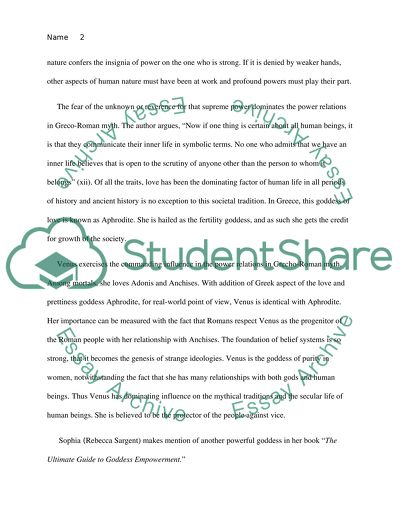Cite this document
(“Power Structures/Power Relations in Greco-Roman Myth. The power of Essay”, n.d.)
Retrieved from https://studentshare.org/literature/1483669-power-structurespower-relations-in-greco-roman-myth-the-power-of-women-in-greco-roman-traditions
Retrieved from https://studentshare.org/literature/1483669-power-structurespower-relations-in-greco-roman-myth-the-power-of-women-in-greco-roman-traditions
(Power Structures/Power Relations in Greco-Roman Myth. The Power of Essay)
https://studentshare.org/literature/1483669-power-structurespower-relations-in-greco-roman-myth-the-power-of-women-in-greco-roman-traditions.
https://studentshare.org/literature/1483669-power-structurespower-relations-in-greco-roman-myth-the-power-of-women-in-greco-roman-traditions.
“Power Structures/Power Relations in Greco-Roman Myth. The Power of Essay”, n.d. https://studentshare.org/literature/1483669-power-structurespower-relations-in-greco-roman-myth-the-power-of-women-in-greco-roman-traditions.


